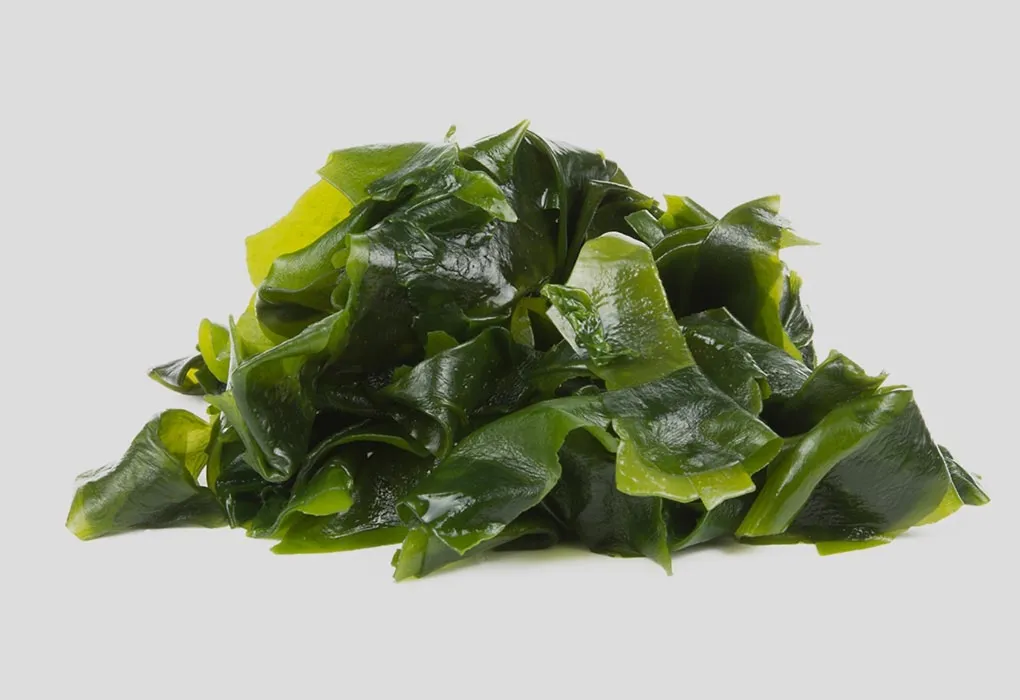 Do you order a seaweed salad when you visit a Japanese restaurant? Most health-conscious folks think of a seaweed salad as a tasty and low-calorie meal starter. Seaweed is considered to be a healthful choice because it’s a good source of minerals – and some people believe sea vegetables help to remove toxins from the body. Is seaweed healthy?
Do you order a seaweed salad when you visit a Japanese restaurant? Most health-conscious folks think of a seaweed salad as a tasty and low-calorie meal starter. Seaweed is considered to be a healthful choice because it’s a good source of minerals – and some people believe sea vegetables help to remove toxins from the body. Is seaweed healthy?
Is Seaweed Healthy: The Good and the Bad
Seaweed is a good source of minerals, and one of the few good food sources of iodine. Unfortunately, its ability to bind to toxins is a double-edged sword. Seaweed picks up pollutants, not only from the body, but from the water it grows in.
Is Seaweed Safe?
The European Commission recently issued an advisory urging people not to eat hijiki seaweed, a black seaweed that’s a Japanese favorite. The warning was issued after high levels of arsenic were found in hijiki seaweed samples from the United Kingdom. This isn’t the first time that unacceptable levels of inorganic arsenic have been detected in hijiki seaweed.
In 2004, the Food Standards Agency conducted a survey of five different types of seaweed samples. They found high levels of inorganic arsenic in all the samples of hijiki seaweed they tested. The Canadian Food Inspection Agency warned Canadians to avoid eating hijiki seaweed in even small amounts – because of the risk of arsenic poisoning.
Is Seaweed Safe: The Dangers of Arsenic
Arsenic can cause anemia and liver toxicity – and is suspected of causing cancer. Arsenic is a component in many insecticides and herbicides – and is found naturally in small quantities in water, soil, and air. It’s also used in animal feed to promote growth and reduce the risk of disease.
At high levels, exposure to arsenic can be fatal, but another danger is cumulative exposure. To reduce this risk, the FDA sets strict standards about how much arsenic is allowed in the water supply.
Other Risks of Eating Seaweed
Some types of seaweed, particularly kelp and bladderwrack, can have very high levels of iodine. Iodine is important for thyroid function, but too much can alter thyroid hormone levels and lead to abnormal thyroid function.
Although arsenic is less of a problem with other forms of seaweed, seaweed acts as a “sponge” and can take up pollutants found in water including dangerous heavy metals such as cadmium. These heavy metals can build up in the body over time and lead to serious health problems.
The Risks and Benefits of Eating Seaweed: The Bottom Line
Seaweed has health benefits, but the downsides of eating it on a regular basis are significant. To be safe, avoid hijiki seaweed, and eat other forms of seaweed only in moderation. Be smart and ask your favorite Japanese restaurant not to serve you sushi or a salad made with hijiki seaweed.
